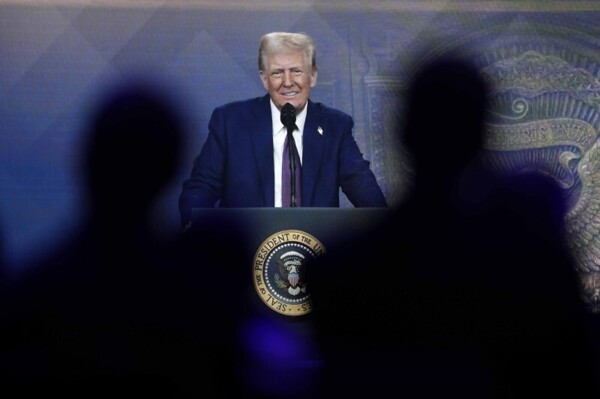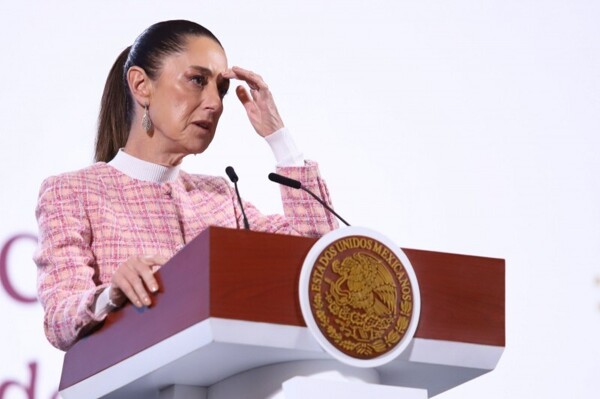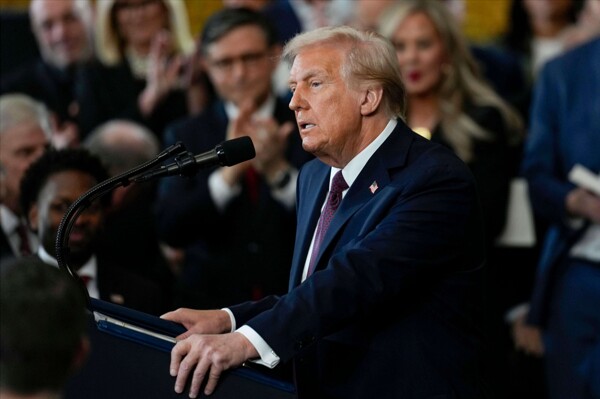During a forum at UNAM, Rector Leonardo Lomelí emphasized the importance of defending the rights and dignity of migrant individuals, prioritizing national interest. He highlighted that it is unacceptable to criminalize migration and called for support for government initiatives in this emergency situation.
At the University Conference for the Defense of the Rights and Dignity of Migrant Individuals and National Interest, Lomelí reiterated UNAM's commitment to free thinking and social responsibility. He called on higher education institutions, international organizations, governments, and civil society to work together in building societies that value human dignity.
Rodríguez León from the Faculty of Economics emphasized the importance of recognizing the contribution of Mexican and Latin American immigration to the economy, society, and culture of the United States. He stressed the need not to ignore the role of international institutions in creating a fairer and more inclusive order.
The director of the Faculty of Political and Social Sciences, Alejandro Chanona Burguete, highlighted the importance of ensuring assistance and protection for Mexicans in the United States, utilizing consulates and civil society organizations.
Meanwhile, Martínez Ruiz, secretary of Institutional Development, emphasized the humanity of migration, pointing out that it often becomes a criminal issue in nationalist narratives. She proposed a renewed state policy on migration issues, including reforms to the National Institute of Migration and addressing trafficking networks and human smuggling.
In this context, Rector Leonardo Lomelí Vanegas urged Mexican society to unite against possible aggressions towards Mexican communities in U.S. territory. UNAM commits to announcing upcoming actions in support of the migrant population in the United States and to continue defending human rights, regardless of individuals' migration status.














